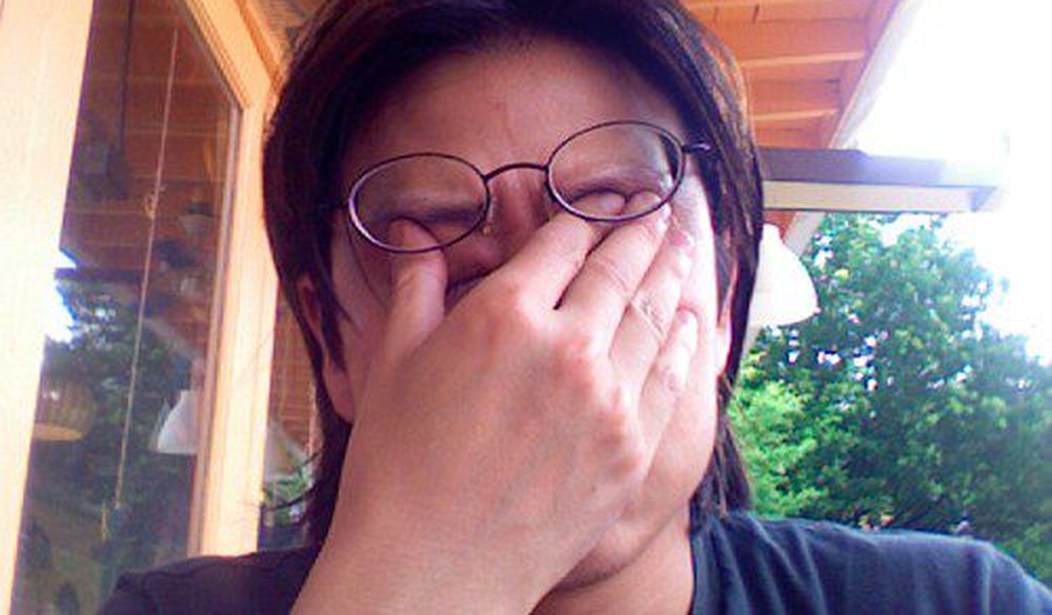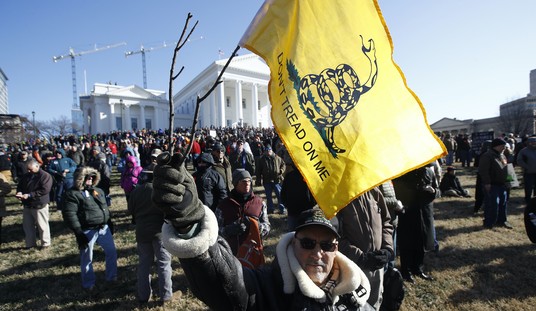If U.S. District Judge Sharon Johnson Coleman was hoping to kick off a national conversation about gun control when she ruled that an illegal immigrant's Second Amendment rights were violated when he was arrested and charged with carrying a gun, she's definitely had her wish granted. The last time I saw so many non-2A-specific writers weigh in on a court decision was 2022, when the Supreme Court struck down New York's "may issue" laws.
Coleman's decision isn't precedent-setting, unlike Bruen, and her ruling doesn't apply to anyone in this country illegally besides Heriberto Carbajal-Flores, the defendant in the case brought by federal prosecutors. Still, the judge's order has sparked a wave of reactions... and a lot of truly terrible ideas.
We've seen self-described "moderate conservatives" embrace the DOJ's position that only "law-abiding citizens" possess Second Amendment rights. We've seen Illinois Republicans introduce a gun control bill that would prohibit illegal immigrants from possessing a gun while serving in law enforcement; something I can't imagine is all that common even in far-left Chicago. I'm not sure anything tops the suggestion of columnist Jason W. Park, however. The writer, who says on his LinkedIn profile that he occupies "the space at the intersection of the Second Amendment with the rights of the mentally ill and felons", recently offered a decidedly immodest proposal in the pages of the Pittsburgh Tribune in response to Coleman's judgment.
In the U.S. since the late 18th century, there has been a longstanding prohibition on guns for the mentally ill and felons, to separate those deemed a danger to themselves or others from guns. The system in place uses Form 4473, which asks about mental health history and felony convictions. Then a background check is run on the three databases comprising the NICS system.
But Form 4473 is not a proper psychological assessment, and the NICS is missing 25% of all felony convictions. A mental health Sociopathy Test and criminal tendency Sheehan Homicidality Tracker Scale, together, are a good option. Both tests would take no more than 15 minutes total for an ATF agent to administer and grade on-site to determine whether the applicant can buy a gun.
The Supreme Court emphasizes the historical tradition of firearm regulation. Gun regulations must be consistent with this tradition. Disarming the mentally ill and felons is consistent with this ruling. 18th-century peace officers were authorized to “lock up lunatics who are dangerous.” We have now come full circle.
Although the political will on the gun issue may be lacking, we Americans are the kind of people who can accomplish anything once we set our collective mind to it. American ingenuity in tackling and solving social problems is a force to be reckoned with. It has stood us in good stead in the past. It can and will do so again.
It's hard to know where to begin debunking this nonsense, but I guess I should start at the top and work my way down.
No, there has not been a longstanding prohibition on gun ownership for the mentally ill and felons; certainly nothing dating back to the time of the Second Amendment's ratification. In her ruling, Coleman concluded that, at best, the historical record supports an "individualized assessment for Section 922(g)(5)", as opposed to a blanket prohibition on gun possession by those in this country illegally. The section of federal law that Carbajal-Flores was accused of violating wasn't around in 1791 or 1868 (when the Fourteenth Amendment was ratified). It's a modern creation that dates back to the 1960s.
Carbajal-Flores also didn't get his gun through a retail sale. If he'd tried, he would have been rejected by the NICS system because he's in this country illegally. He also would have to provide proof of a Firearms Owner ID card in order to satisfy Illinois state law, and the Land of Lincoln prohibits anyone here illegally from obtaining a card.
Park's entire argument around the Form 4473 is a red herring that has nothing to do with Carbajal-Flores' case or Coleman's ruling. Instead, I suspect he simply used her decision as an opportunity to put forth his Grand Idea on Guns: subjecting all buyers to a battery of psychological evaluations before they can exercise their Second Amendment rights.
Park might be interested to know that, under California law, issuing agencies can put concealed carry applicants through a psychological screening as part of the approval process. That particular statute is being challenged by the California Rifle & Pistol Association, Second Amendment Foundation, and other 2A groups in CRPA v. Los Angles Sheriff's Department, et al, and Park should take a look at what the plaintiffs' complaint has to say about the constitutionality of demanding that test.
This provision of California’s CCW licensing regime manages to violate more than just the Second Amendment. It violates the presumption of sanity, it places an impressible burden on exercising an enumerated right, and violates the procedural due process.
Psychological testing has the effect of transferring the discretionary issuance of a permit to exercise an enumerated right from a government official to a psychologist. Bruen’s holding rejects “suitability” determinations in permit issuance schemes, and a psychological evaluation is a per se a suitability determination. Such an evaluation impermissibly introduces the subjective impressions and opinions of the person conducting the evaluation into the permit issuance determination, rather than using objective criteria such as prior mental health adjudications. In that sense, a psychological exam to determine whether an applicant has the proper temperament to bear arms is nothing more than a requirement that an applicant demonstrate “good moral character” in order to bear arms – something that Bruen definitively forecloses by rejecting “suitability” determinations. And that is to say nothing about the utter dearth of a Founding-era tradition of testing the mental condition of each and every individual seeking to exercise their rights to carry arms in public.
But what about Park's contention that in the 18th century, peace officers were "authorized" to "lock up lunatics who are dangerous"?
Well, since he didn't provide a citation for that claim I've been unable to find its source. But locking up someone with a mental illness who poses a danger to themselves or others is far different than telling a person they can't possess a gun because they didn't answer correctly on a psychological evaluation. What Park describes is far more akin to modern-day civil commitment or involuntary commitment laws than any restrictions that are centered around gun ownership specifically.
Park's suggestion is flagrantly unconstitutional. Just like the California psych screenings, it too "violates the presumption of sanity" and due process protections.
Even if it wasn't so repugnant to our individual liberties, it's also fatally flawed from a practical perspective. In Park's mind, every gun shop in the country has a friendly (or maybe not-so-friendly) ATF agent standing at the counter ready to administer these tests to every prospective customer.
According to the agency, there were about 5,100 employees in 2022, and not all of them are field agents. The ATF also reported that there were 136,563 FFLs in the United States that year, which means that in order to put Park's big idea into place, the ATF would have to increase its staff to more than 26 times its current levels.
That's gonna be a non-starter on Capitol Hill for all but the most vociferous of gun-grabbers. The latest budget deal slashed ATF's budget by 7 percent, so I don't see lawmakers approving a bill that would make the ATF the single largest federal law enforcement agency by far; dwarfing the 10,000 or so DEA agents or the 35,000 FBI employees.
Park may have the best of intentions in mind with his proposal but he needs to scrap it and go back to the drawing board. I've seen a lot of terrible gun control ideas in my 20 years of Second Amendment reporting, and if this isn't the worst proposal it's definitely in the Top Ten. It's a constitutional abomination, impossible to put into effect, and to top it all off, it has nothing to do with illegal immigrants and the right to keep and bear arms. Frankly, I'm embarrassed for Park that he went public with this foolish proposal rather than running it by a couple of folks with some experience and expertise in this area who could point out the fundamental flaws with his big ideas before it got published.







